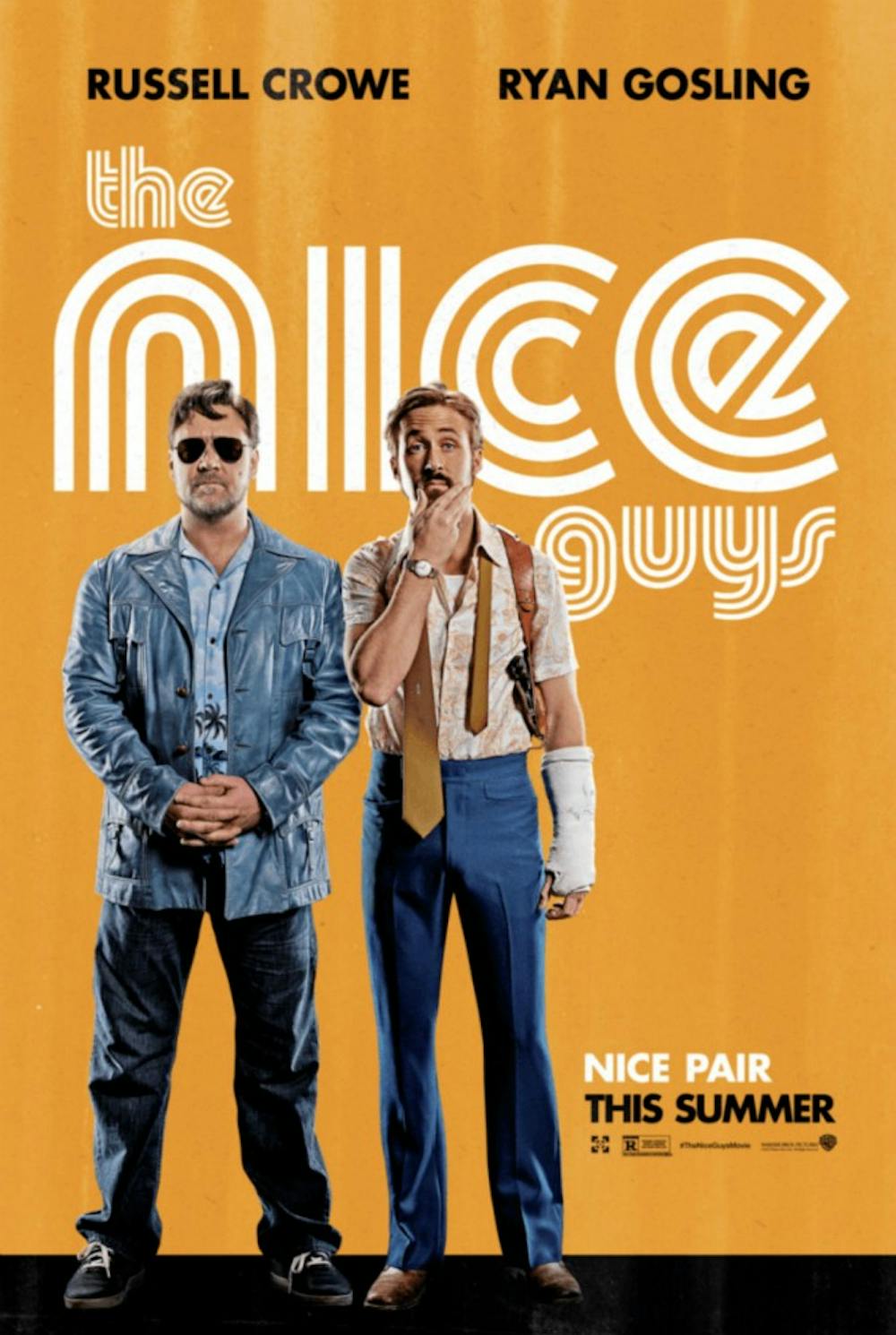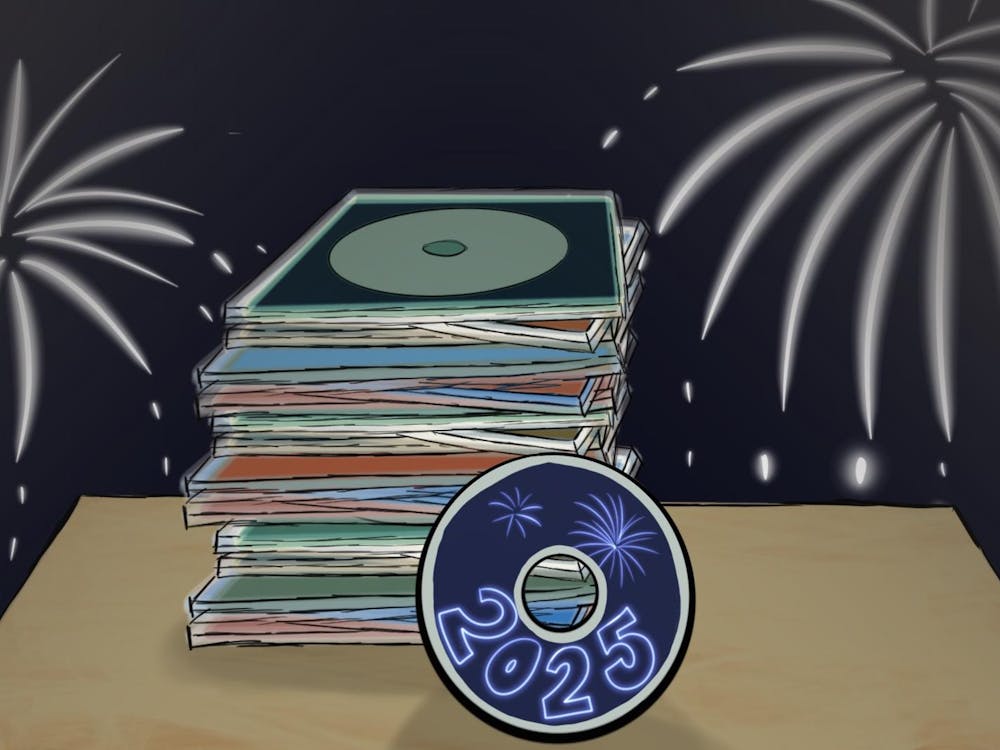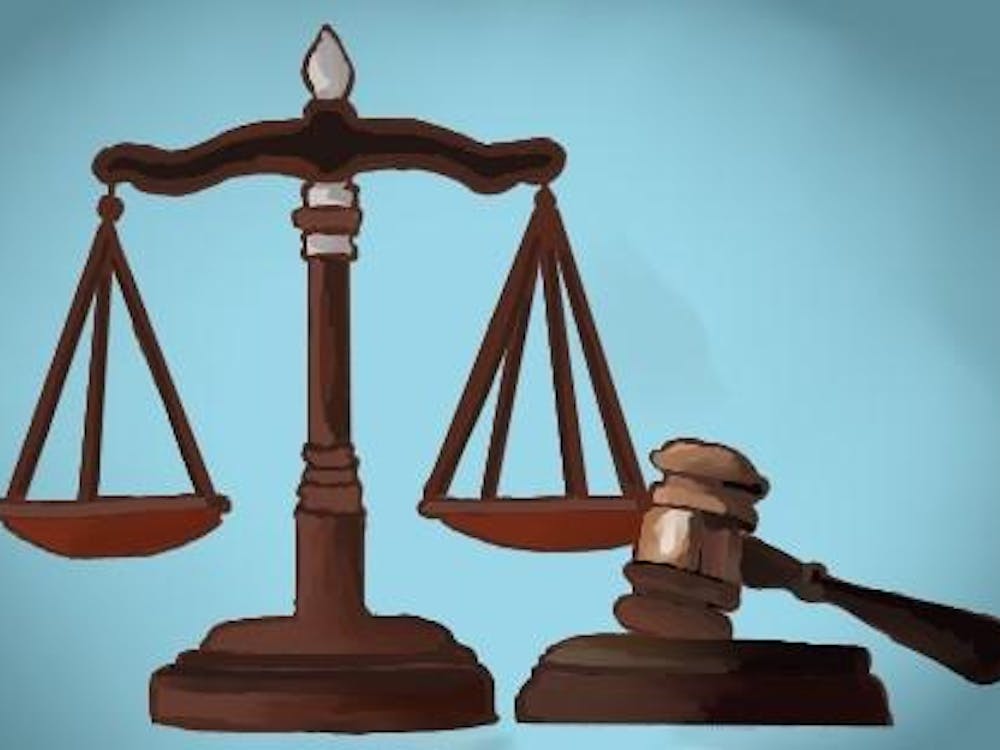“The Nice Guys,” written and directed by Shane Black, follows two shady investigators who reluctantly team up on a ham-fisted quest to find a missing teenage activist. Black, a pioneer screenwriter in the action-comedy genre, is known for penning the archetypal buddy cop flicks “Lethal Weapon” and “Kiss Kiss Bang Bang.”
Black takes on his most comedy-driven project yet in “The Nice Guys” with mixed results — the film earns a few big laughs, even if the story lacks sense.
The film has a number of truly funny moments, which transcend typical banter and cleverly plays off the conventions of cop comedies and crime fiction. In one excellently subversive moment, Holland March (Ryan Gosling), an inept and frequently unethical private investigator, appears to be on the verge of redeeming himself in the eyes of both his partner and daughter by unlocking a clue neither of them could solve. He deciphers a cryptic note in a protracted monologue, confidently declaring the code to be an apartment number rather than a flight number.
The audience is led to believe this clue will unlock the entire investigation and March might be an underappreciated genius after all — even if the outcome is less than satisfactory.
Black succeeds in co-opting a number of detective duo tropes, but ultimately he conforms back to the stylistic norms he helped to invent. The result is fairly funny but lacks depth, and relies too heavily on its leading men to carry the film. Given the starpower and surprising comedic talent of both Gosling and Russell Crowe, this strategy may have worked if their characters had been more effectively developed.
Jackson Healy (Crowe) is introduced as an investigator and messenger, even if many of his “messages” are delivered with brass knuckles. Healy proves to be a more nuanced character, studying vocabulary flashcards as part of his morning routine and harboring a soft spot for protecting the innocence of March’s 13-year-old daughter Holly (Angourie Rice).
The film lays the groundwork for establishing Healy as hired muscle with a big heart, but it does not build upon it, nor does it effectively develop his apparent desire for self improvement.
March’s character undergoes even less growth than Healy. His character’s redeeming factor ought to be his love for his daughter, who he is raising alone. However, the budding fatherly relationship between the precocious Holly and the lonely Healy proves to be a much more compelling storyline than the tough-talking relationship between Holly and March.
Throughout at least the first half of “The Nice Guys,” March and Healy’s efforts to track down a missing girl fall somewhere between Keystone Kops and Indiana Jones in “Raiders of the Lost Ark.” Healy and March stumble around Los Angeles and slowly connect the dots between the case of the missing teenage girl with the recent death of a famous pornstar, the Detroit mob and a corrupt California Attorney General. Yet despite this, their presence has virtually zero impact on the outcome of events unfolding around them.
As the duo eventually gets their act together, the story itself falls apart. Each of the aforementioned connections between plot points is weaker than the last. While remarkably complex plots are a hallmark — and part of the fun — of the noir detective novels from which Black draws inspiration, it does not excuse the poorly explained resolution to the film’s central investigation.
“The Nice Guys” tries to compensate for what it lacks in story with comic relief. However, since Black is better at writing comedy than directing it, many lines that should have been funnier feel slightly off-rhythm, as though they could have benefited from a different delivery. In the end, “The Nice Guys” does not live up to its potential as a film or to the previous works of its creators.






